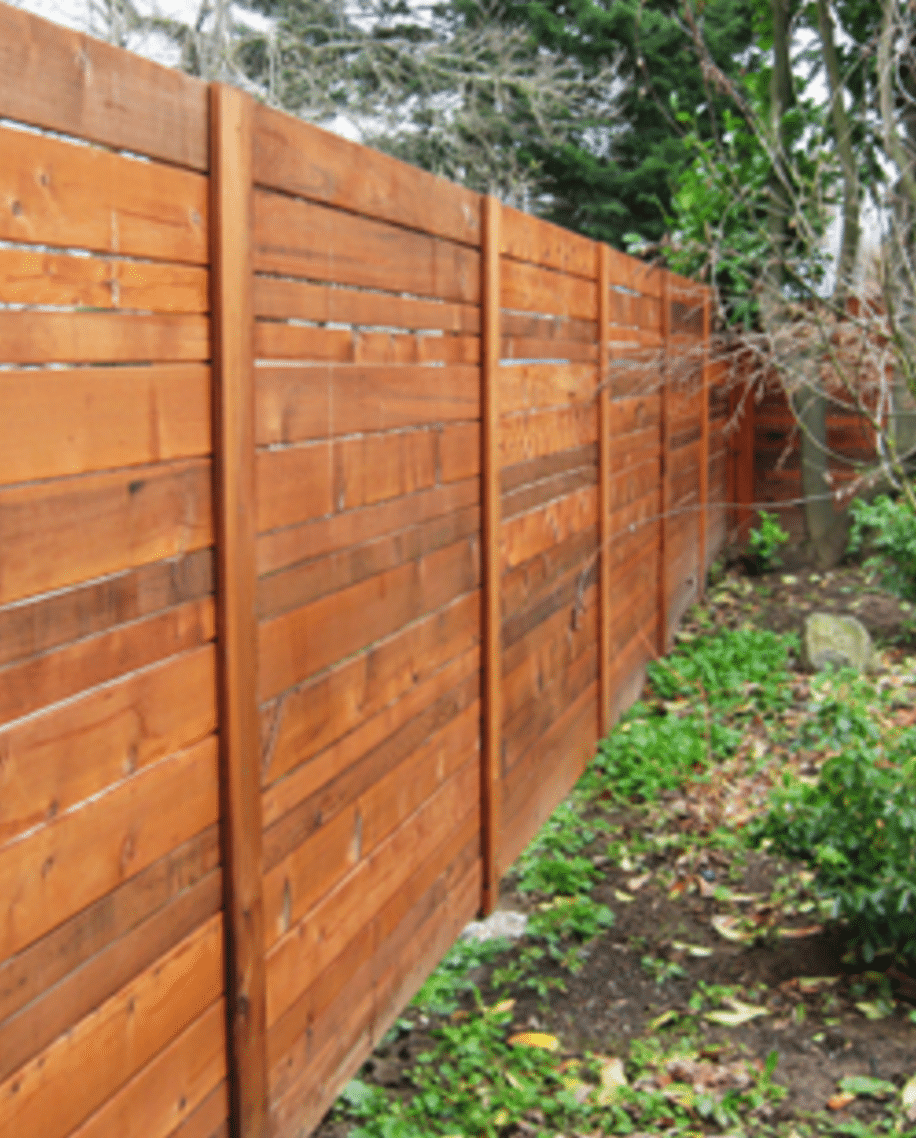All Categories
Featured

When taking into consideration setting up a fencing on your home, one of the most essential actions is to comprehend whether you need a license. The details licenses required can vary depending on your area, the kind of fencing you prepare to set up, and the elevation or positioning of the fence.
Why You Required an Authorization for a Fence Installment. A fencing license is required to make certain that the setup satisfies neighborhood laws. The license process aids neighborhood authorities confirm that your fencing does not conflict with website traffic exposure, regard your residential or commercial property lines, or violate height restrictions. It likewise makes sure the safety and security of the structure, so it doesn't posture a danger to you, your neighbors, or the general public. Setting up a fence without an authorization can cause penalties, removal of the fence, or delays in construction, so it's important to inspect whether an authorization is required prior to beginning your project.
Kinds of Permits You May Require. There are a few usual kinds of permits you might need for a fence installation:
Building License. A building permit is the most common permit needed for fencing installments. This authorization makes certain that the fence meets safety standards and is constructed according to local building ordinance. A building license is usually needed if the fencing goes beyond a specific height (typically 6 feet), is made from particular products, or is situated near a public sidewalk or road.
Zoning License. A zoning authorization might be needed to validate that your fencing adheres to local zoning laws. Zoning laws can dictate where a fencing can be put on your residential or commercial property, exactly how high it can be, and whether it is allowed specific locations (such as along residential or commercial property lines or in front backyards) For example, some communities have policies restricting the height of fence the front lawn to ensure visibility for pedestrians and drivers.

Problem Permit. If you are building a fencing near your residential property line or near to a street, you might need a trouble authorization. A setback refers to the distance a framework, consisting of fences, need to be from the property line. Problem policies vary by location, and making sure that your fencing is put properly can avoid problems with next-door neighbors and avoid violations.
Home Owner Organization (HOA) Approval. If you reside in a neighborhood regulated by a House owner's Association (HOA), you might need authorization from them along with neighborhood permits. HOA regulations frequently cover the type of products, height, style, and color of fencings. Also if your city government does not call for a permit, your HOA may still have specific standards that require to be adhered to.
Exactly How to Get a Fence License. To make an application for a fencing permit, you'll require to call your regional building department or preparation workplace. The application procedure normally includes filling in a kind, paying a charge, and sending a website plan of your home that shows the suggested location of the fencing. You might likewise need to consist of details concerning the materials, height, and style of the fence.
Sometimes, a local official might require to evaluate your residential or commercial property prior to authorizing the permit. Once the authorization is given, you will be accredited to wage your fencing installment.
When Is a License Not Required? In specific situations, a permit may not be needed. These scenarios can consist of:
Low Height Fences: In many locations, fencings that are listed below a particular elevation (usually 3 to 4 feet) might not require a permit, particularly if they are placed in the backyard or other non-visible areas.
Fencing Substitute: If you're replacing an existing fencing with the exact same elevation and product, some locations may not need a new authorization.
Non-Obtrusive Fencings: Attractive or temporary fencings, such as those used for horticulture or landscape design purposes, might not need authorizations as long as they are not permanent and low.
Nevertheless, it is very important to talk to your local zoning office or building department, as policies can vary by jurisdiction.
Repercussions of Not Getting an Authorization. Stopping working to acquire the necessary licenses can bring about substantial consequences. These consist of penalties, required elimination of the fence, or perhaps delays in building and construction. Furthermore, if your fencing doesn't satisfy regional guidelines, you could deal with legal problems with next-door neighbors or local authorities.

Conclusion. By making certain that you comply with regional regulations and acquire the essential permits, you can prevent pricey mistakes and make sure that your fence is legitimately certified. Check with your local structure department, HOA, and zoning office to establish what licenses are needed for your certain fence task.
Latest Posts
Change Your Home with Resilient Hardwood Flooring from Carpet Interiors Floor & Home
Published Apr 20, 25
1 min read
Discover the Montclare Commitment - Professional Auto Care
Published Apr 20, 25
2 min read
Full Circle Strategic Marketing - Elevate Your Brand with Full Circle Marketing
Published Apr 20, 25
2 min read
More
Latest Posts
Change Your Home with Resilient Hardwood Flooring from Carpet Interiors Floor & Home
Published Apr 20, 25
1 min read
Discover the Montclare Commitment - Professional Auto Care
Published Apr 20, 25
2 min read
Full Circle Strategic Marketing - Elevate Your Brand with Full Circle Marketing
Published Apr 20, 25
2 min read